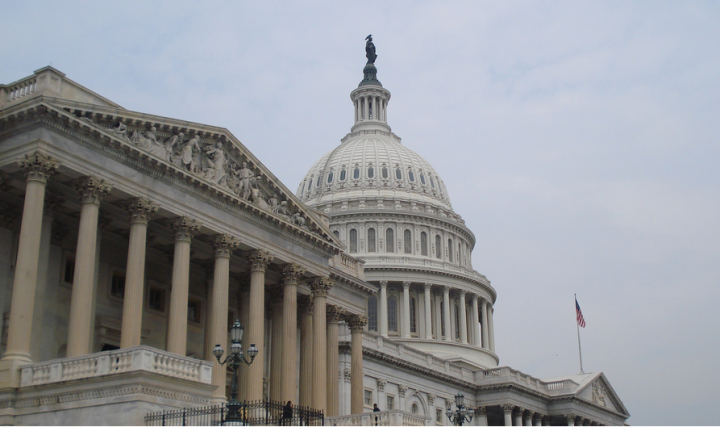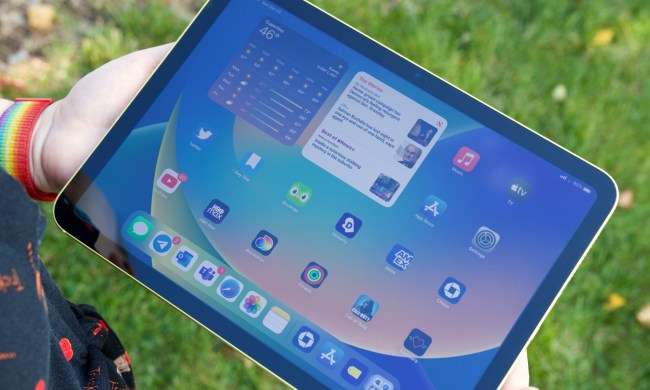
Passed with overwhelming approval, the bipartisan bill would prohibit the N.S.A. from mass-collecting phone metadata, which contains information on phone calls made by Americans, as well as the banning of bulk record collection through the use of national security letters. These letters, which acted as what the Times calls an “administrative subpoena,” allowed the N.S.A. to collect phone records en masse.
However, even with the overwhelming support in the House, the Senate is comprised of three clashing groups: a bipartisan group that supports the House’s decision; a group led by Senator Mitch McConnell (R-Ky.) that wants no change to the Patriot Act; and a group led by Senator Rand Paul (R-Ky.) that wants to see greater restrictions on data collection. These groups have until June 1, when the section of the Patriot Act that allows for this data collection expires, to reach some sort of compromise.
“I think we have found an equilibrium on how to protect both security and privacy,” says Representative Adam B. Schiff (D-Calif.), who is the ranking Democrat on the House Intelligence Committee. “These issues are not going away. I think the fact that the public is becoming much more united on how we balance these dual imperatives has ripened in a very constructive way.”
This could shape up to be another huge blow for the N.S.A., which recently had its phone surveillance program ruled illegal by the U.S. Court of Appeals for the Second Circuit. We will keep you updated on how this shapes up as we get closer to June 1.


